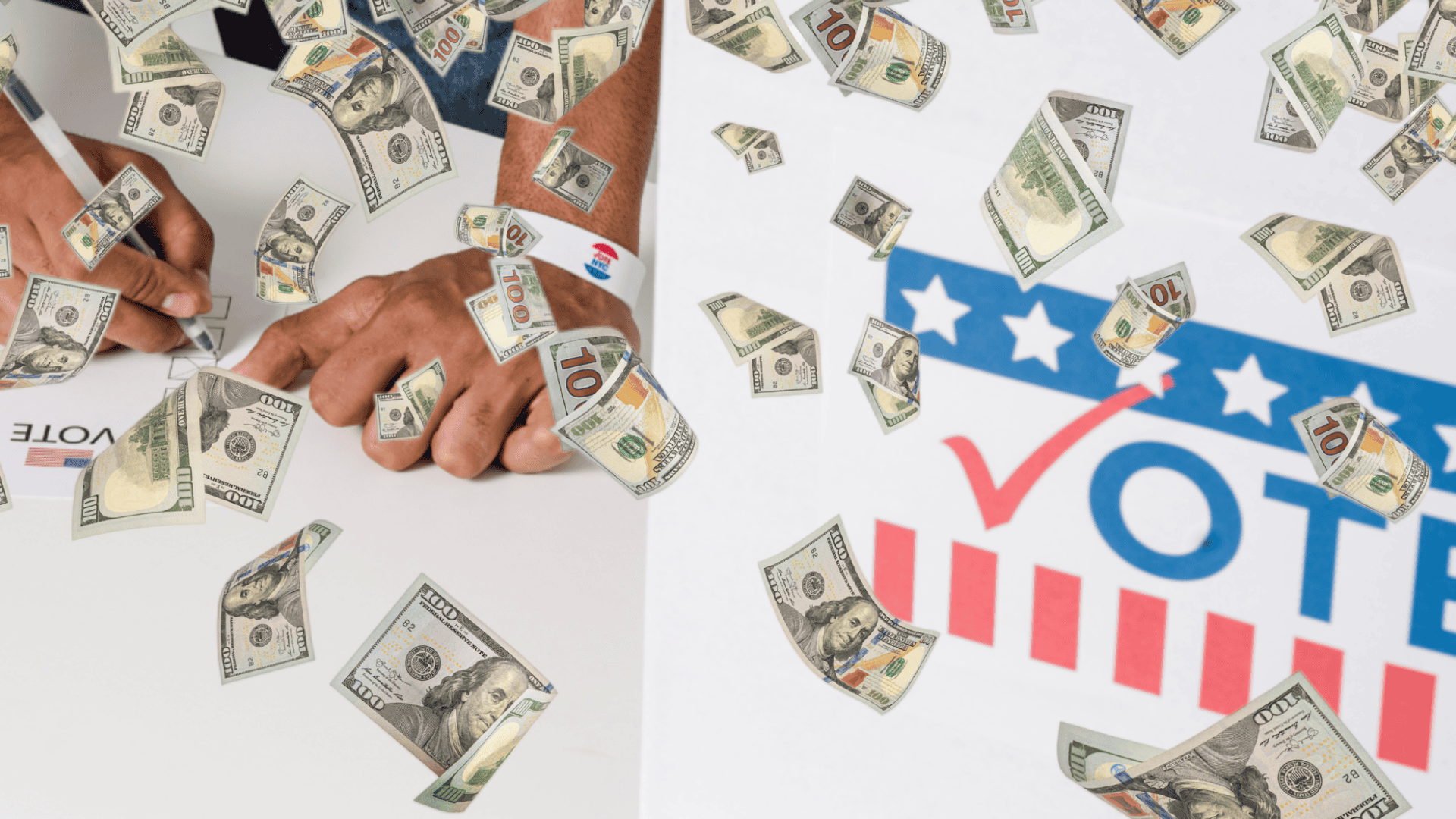



Property tax is one of the most pressing policy issues in Idaho right now. Almost everyone agrees that property taxes are too high, and most conservatives see them as morally wrong altogether. This is not just a partisan issue either — lowering property taxes crosses party lines.
Over the past several years, many homeowners have faced rising property taxes due to significant increases in assessed property values, as well as voter-approved bonds and supplemental levies. Many Idahoans consistently voice frustration over high property taxes, yet regularly approve bonds and levies that contribute to the local tax burden.
It is easy to blame suffocatingly high property taxes on elected officials. However, the Legislature is only part of the problem.
You have the power at the voting booth to help your community pay less in property taxes.
Nearly every election cycle, voters are the ones who approve significant property tax increases through bonds and levies on the ballot. It’s an odd paradox, created in part by a misunderstanding of what bonds and levies actually are and how they are paid. Stir in some rhetorical fear-mongering to convince people to vote for bonds and levies “or else!” and you have a recipe for escalating taxes and everyone to blame.
Local governments use bonds and levies to collect revenue for specific purposes, but they must be voter-approved. Bonds are specifically earmarked for the costs of buildings and structures paid for with future tax collections. Examples of this would be building or remodeling a school or a fire station. It takes a two-thirds supermajority to approve a bond in Idaho because bonds require borrowing money, repaid using property tax revenue.
Levies are a bit different. They can be used for a variety of things, but most pay for the operational costs of institutions. Examples of this would be teacher salary enhancements, first responder compensation, or park maintenance. Essentially, a levy is a tax, specifically a property tax, paid during the allotted time of the levy.
Now, if you’re like most Idahoans, we’re guessing you’re not too fond of paying more in property taxes each year. You’re probably in favor of keeping more of your hard-earned money in your pocket rather than being forced to pay for infrastructure required by new development or schools whose curriculum you don't support anyway, because you own your home.
So, if they are so unpopular, just how is it that property taxes keep rising? The simplest answer is that local governments increase property taxes as they increase their own budgets within certain limits, and they further seek voter approval of bonds and levies for additional spending. Is this because voters misunderstand how bonds and levies work? Or is it because of something else, like record-low voter turnout, where those who benefit from bonds and levies vote at a higher rate than those who pay for them (the average taxpayer)?
For the May 20, 2025, election, unofficial results show 10 bonds, more than 50 levies, and over a dozen levy overrides and increases were on the ballots throughout the state of Idaho. Of the 10 bonds voted, three passed, totaling over $33 million, and over 35 of the levies passed, amounting to well over $90 million. This translates to more than $125 million in increased property taxes across Idaho. Those are voter-approved tax increases.
The May election saw an average voter turnout of roughly 13%. Astounding. Such a small minority of the population determines property tax increases for entire communities. Consolidated elections (ballot measures and some local office races together) in off-years almost always have exceptionally low turnout, which raises concerns about proper representation. Most people who do vote in these elections have significant stakes in the game, like teachers and union members.
A growing number of overburdened taxpayers are advocating for a shift away from property tax-based funding altogether and adopting alternatives, such as impact fees for new developments or better allocation of state reserve money.
In general, the Idaho Freedom Foundation agrees that property taxes are morally objectionable and make it harder for Idahoans to buy and own their homes. Property rights were a fundamental tenet of the Founding Fathers’ vision for a free nation and are a cornerstone of self-governance, personal freedom, independence, and a critical defense against tyranny from government.
James Madison described the government as “instituted to protect private property of every sort,” and the Fifth Amendment of the U.S. Constitution enshrines protections against a person being deprived of property; however, a frequently overlooked inclusion in the right to property is the ability to own property.
High property taxes in Idaho are making it increasingly difficult for people to have the ability to acquire and own property. This is due, in part, to bonds and levies that are continually passed by a minority of the population in the voting booth.
In short, bonds and levies require property taxes. So, if property taxes are morally objectionable, not in line with the Founding Fathers’ vision of government, and are raised by a small voting minority, then it’s perfectly reasonable to eliminate property taxes and bonds and levies altogether. At minimum, we should raise the bar on when and how bond and levy measures can be passed.
It’s time for Idahoans who lament high property taxes to do better at defeating bonds and levies that hurt taxpayers. The Idaho Freedom Foundation has already provided a roadmap to end property taxes in Idaho — maybe it’s time for the Legislature to finally get to work on it.


